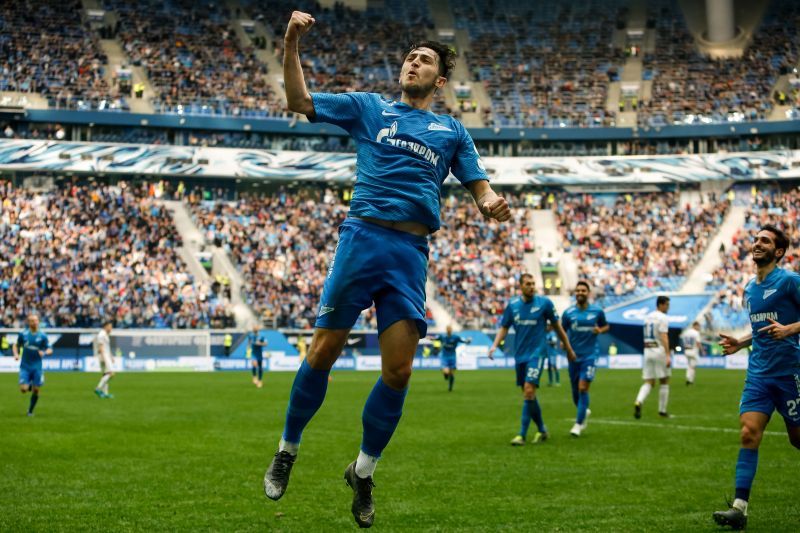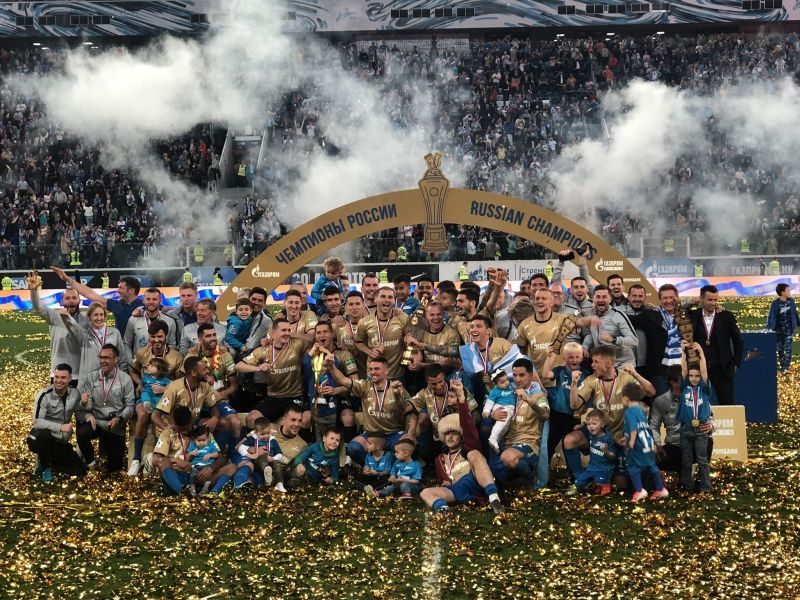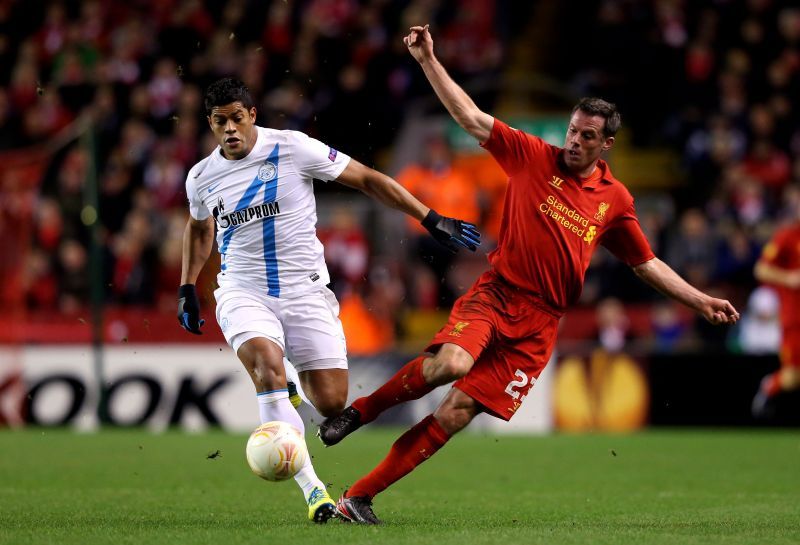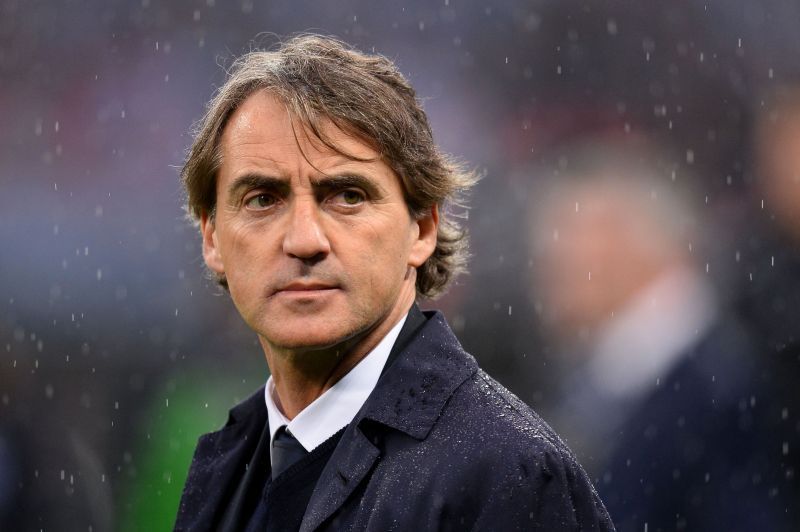
Why have perennial domestic champions Zenit St. Petersburg not achieved European success?

For a club that prides on transforming the dynamics of Russian football in terms of infrastructure and investment in the 21st century, Zenit’s performances in the European top flight have been nothing short of dismal.
The Gazprom era, which began in 2005, was supposed to lead not only a renaissance of the club itself, but also the image of Russia in European club competitions. To date, their best performance in Europe was winning the Europa League in 2008, under the management of Dick Advocaat.
The last time they progressed to the last sixteen of the Champions League was back in the 2015-16 season under Andre Villas-Boas. Ever since current manager Sergey Semak took over the reins of Zenit, they have not qualified into the knockouts even once.

Zenit St. Petersburg: Champions at home, mediocre abroad
It serves as a dismal track record for a club that has won the Russian Premiership a record six times in twelve seasons, despite competition from top clubs like Krasnodar, Lokomotiv Moscow, CSKA, Rubin Kazan. More astonishingly, they have won the domestic championship twice in the past three seasons.
Given the investment in players, infrastructure, and marketing, the lack of dominance in Europe is something to ponder.
For three straight seasons following the departure of Andre-Villas Boas, the club failed to qualify for Champions League football. Even in the Europa League, they could not go further than the round of 16.
In the 2019/20 Champions League season, the club failed to make it out of the group stages, despite having seven points from their first four games.
These reasons alone have underlined their lack of ambition in European competitions. For a club that had signed the likes of Hulk, Axel Witsel, Branislav Ivanovic, Claudio Marchisio and, Wilmar Barrios since the 2014/15 season, such a torrid track-record in European competitions is not going to attract anyone.

The amount that Gazprom spent on these stars would have been enough to convince fans that success in Europe would follow. Hulk and Witsel arrived at Zenit for 40 million euros each in the summer of 2012. Marchisio came in 2018 for a reported contract of 200,000 euros per week, although he lasted for just ten months.
Branislav Ivanovic arrived for an annual contract of 3.2 million euros. This summer, the club roped in Dejan Lovren from Liverpool to replace Ivanovic at center-back.
The situation in Zenit extends to other aspects of Russian football as well. Following the elimination of Krasnodar and Zenit from last year's Champions League, journalist Anton Mikhashenok wrote abou the three great failures of Russian soccer: its outmoded youth development programs; its closed-mindedness, with the same washed-up coaches revolving around the same old jobs; and its obsession with results over process, meaning the soccer is not just ineffective, but often ugly too.
In the case of Zenit, appointments of managers from the likes of Andre Villas-Boas, Roberto Mancini, and Luciano Spalleti indicate one type of mentality: establishing the stature of the club with massive appointments in terms of profiles of managers. These managers have come to the club primarily intending to revitalize their careers rather than taking the club to the next level.

In recent years the club hierarchy has decided to do away with this manner of managerial appointments and has stuck with a local hero in Sergey Semak. This could, however, be seen as a cost-minimization measure, since success at the domestic level is virtually guaranteed every season.
Zenit, in many ways, typifies the former USSR mentality of extending its arm of dominance over local rivals to be the best in the region, only to fall short of any recognition at the international level.
This season has also started on a familiar note for the St. Petersberg outfit. A rampant start to the league campaign with 24 points after 12 games, while losing their first Champions League group stage match up versus to Club Brugge. With the group comprising star teams like Borussia Dortmund and Lazio, Zenit would be happy with a Europa League spot.